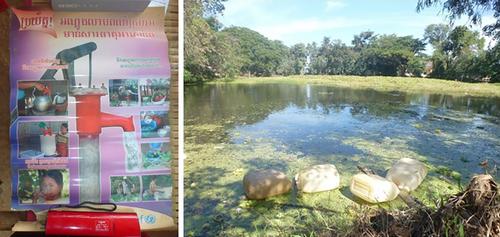Does Thinking and Working Politically improve support for social business? Evidence from a water business in Cambodia
Abstract
Motivation
Social business is business that aims primarily to achieve social ends, while at least covering its costs. Social business has been put forward as a means to achieve development aims, such as the Sustainable Development Goals (SDGs). Thinking and Working Politically (TWP) is an approach to ensure development interventions are politically feasible and not stymied by political opposition. Are the two approaches compatible?
Purpose
The article asks whether social business can ally with TWP for more effective development, taking a social business for water provision in Cambodia as a case in point.
Methods and approach
A review of development policy literature on social business and TWP is combined with data we collected from fieldwork in Cambodia from November 2018 to February 2019. We interviewed key informants from social business, UNICEF, and government in the capital. At two water kiosks in eastern Cambodia, one successful the other less so, we interviewed 2 kiosk operators, 20 customers, and local leaders; we held four focus groups of customers; and we observed operations at the kiosks. Data was analysed using an ethnographic, or immersive, qualitative approach.
Findings
In this case, UNICEF intuitively used TWP to connect a social business to government departments. Water kiosks depended heavily on local political dynamics. We found Commune officials mindful of their standing in local society who often had the interests of the local community in their hearts, but the compatibility of TWP and social business at the local project level is variable.
Policy implications
TWP can potentially help development actors supporting social business to make political connections, in this case to appropriate government departments and local official. The key, however, is to understand context. The danger is to view social business as a turnkey intervention that can be used without adaptation to context, without consideration of local politics. Donors supporting social business need to appraise each business, case by case.
Donors might also want to consider the motivations of international companies partnering with social business, particularly when different development objectives might be in conflict.


 求助内容:
求助内容: 应助结果提醒方式:
应助结果提醒方式:


